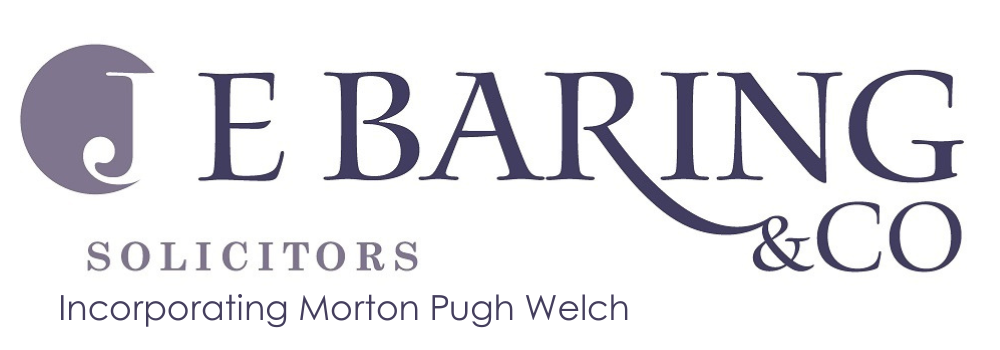Closing a Limited Company
There are two main reasons for closing a company:
- Because the company’s business has come to an end or the shareholders want to cease trading (dissolution); or
- Because the company cannot afford to pay its debts and cannot be rescued (insolvency).
In addition to the above limited companies can also be dormant, which means they can potentially be revived a later date.
Insolvency
Liquidation or Winding Up is a common method of closing a limited company. Liquidation is a legal process that results in a liquidator (an Insolvency Practitioner) being appointed to wind up the affairs of the company, including paying off creditors if possible. There are 3 types of liquidation:
- Members Voluntary Liquidation (MVL) – where the company’s shareholders decide to close the company as it does not have enough assets to pay off its creditors. The shareholders then appoint and pay for a liquidator.
- Creditors Voluntary Liquidation (CVL) – a CVL is like a MVL, except the creditors appoint and pay for the liquidator.
- Compulsory Liquidation – where the company is closed following a creditor presenting a winding up petition at court, although a company’s director can also apply for compulsory liquidation if he or she believes that the company cannot afford the cost of a MVL.
Dissolution
Dissolution is a simple and cheap method for closing a limited company, provided it has no debts. If a company is to be dissolved, but has debts, then these should be paid off otherwise the creditors are likely to object to the company’s dissolution. Typically, debts may include :-
- Corporation Tax
- VAT
- PAYE and National Insurance
- Secured creditors
- Final Accountancy Fees
- Trade Creditors
- Overdrafts
- Loans
- Hire Purchase or Lease Agreements
- Money Owed to Directors or Shareholders
A company with debts can still be dissolved; however, it would require the approval of all its creditors.
Dissolution Procedure
A limited company can be closed provided that it meets the following requirements:
- It has not traded in the last three months; and
- It has not changed its name in the last three months; and
- It is not the subject of legal proceedings; and
- It has not made a disposal for value of property or rights immediately before ceasing to trade
If after all expenses and debts have been paid there is still money left in the company then this should be paid to shareholders in the proportion of their shareholdings (unless the company’s articles direct otherwise).
Legal Advice
Before closing a limited company, and especially where there is a potential insolvency situation, it is wise to obtain legal advice. There are a number of reasons for this but not least because the company’s directors may, in exceptional circumstances, be held liable for the debts of the company if there is misfeasance such as continuing to trade when insolvent or preferring some creditors over others. In addition the company may need assistance in deciding which closure method to use and may also require assistance negotiating with creditors, particularly if a winding up petition has been presented.
Testimonials

S. Ahmed Conveyancing Client

B. Firth – A First Time Buyer

Estates Agents Recommendation for Conveyancing

S. Radmore – Debt Recovery

K. Everest – Conveyancing Client

England Property Services

Daniel Caplan, Managing Director, New I.D. Interiors Group

Sheila Coburn, Maidstone Borough Council
